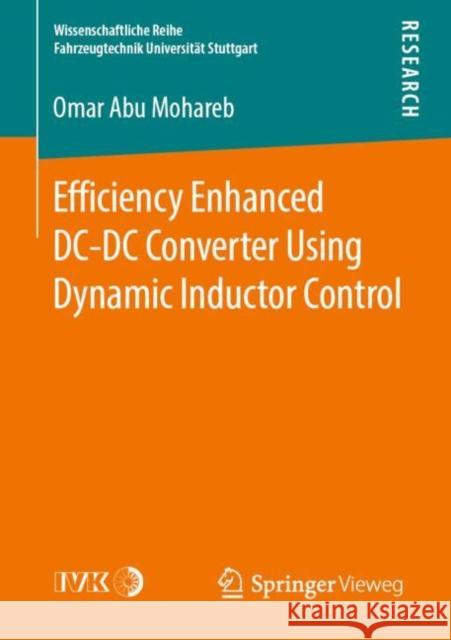Efficiency Enhanced DC-DC Converter Using Dynamic Inductor Control » książka
topmenu
Efficiency Enhanced DC-DC Converter Using Dynamic Inductor Control
ISBN-13: 9783658251468 / Angielski / Miękka / 2019 / 130 str.
Kategorie:
Kategorie BISAC:
Wydawca:
Springer Vieweg
Seria wydawnicza:
Język:
Angielski
ISBN-13:
9783658251468
Rok wydania:
2019
Wydanie:
2019
Ilość stron:
130
Waga:
0.20 kg
Wymiary:
21.01 x 14.81 x 0.86
Oprawa:
Miękka
Wolumenów:
01
Dodatkowe informacje:
Wydanie ilustrowane











